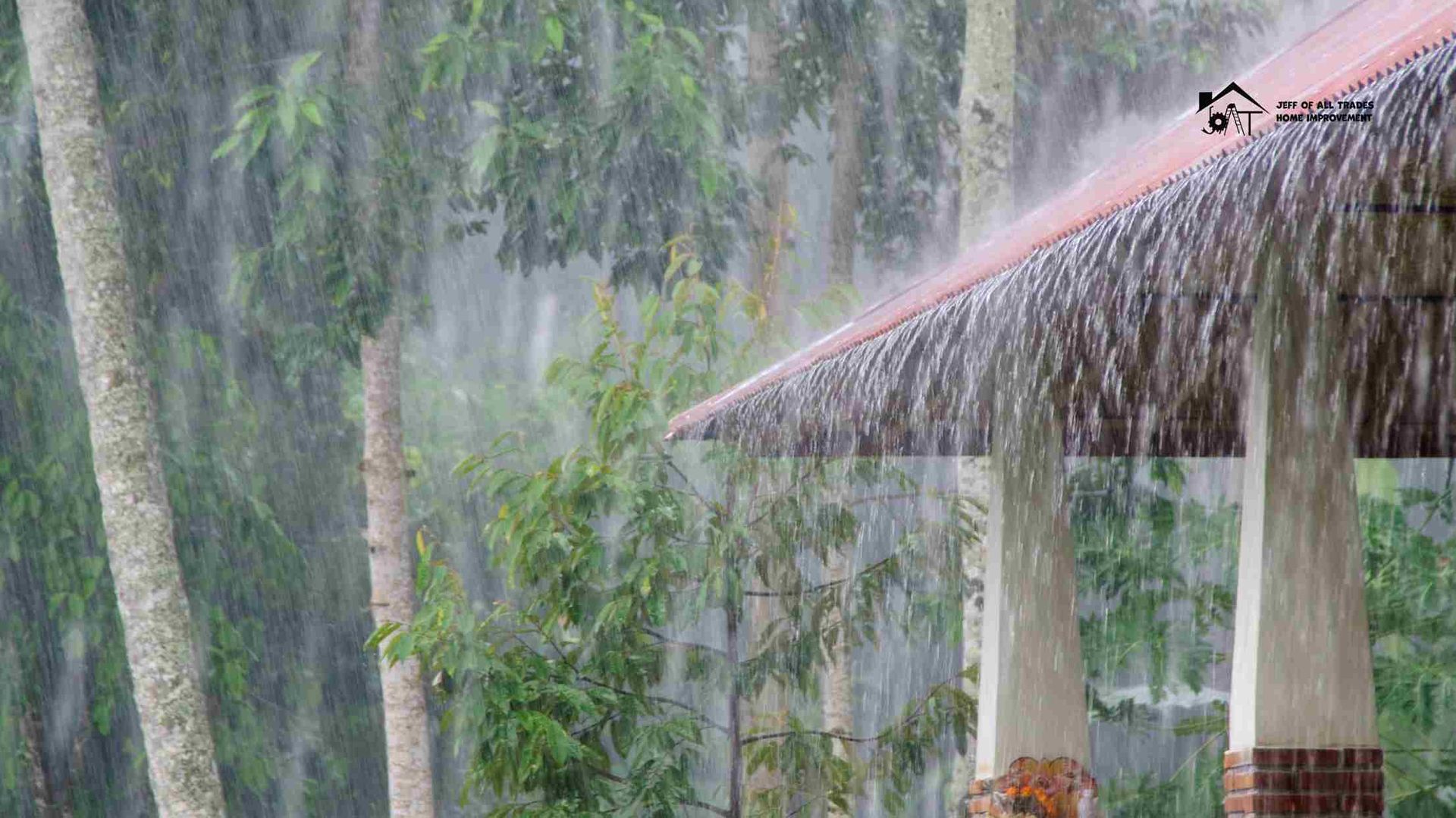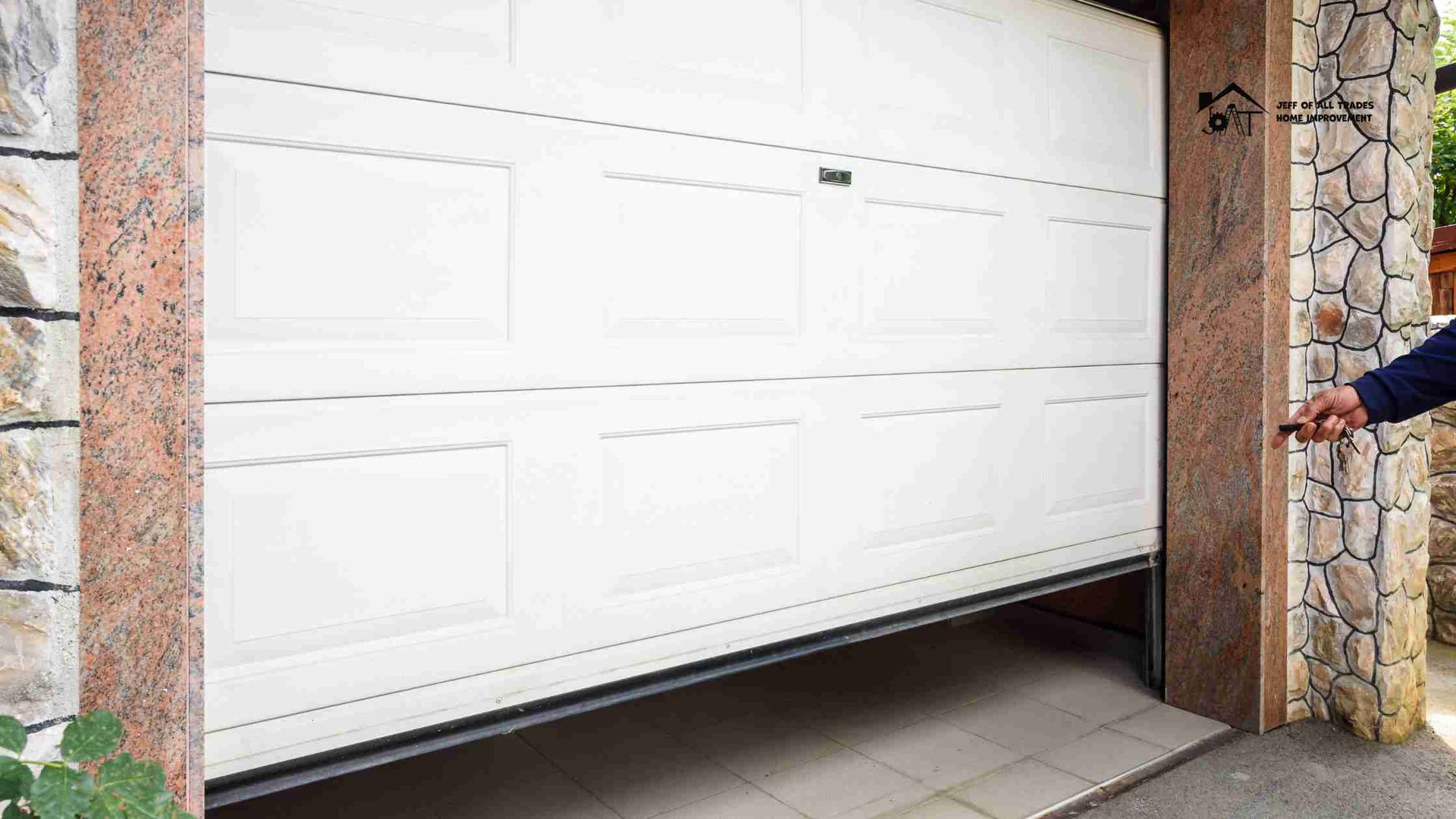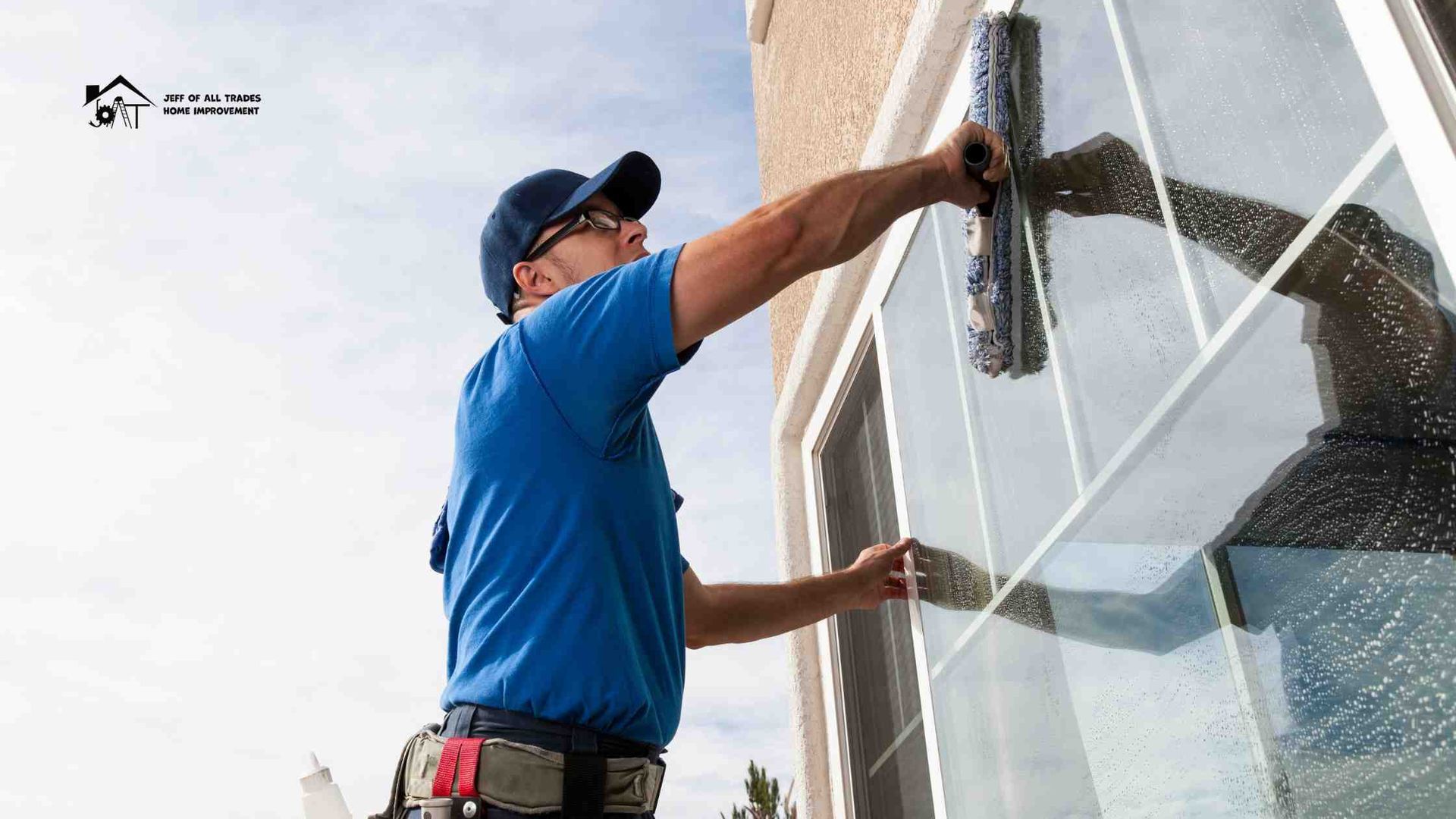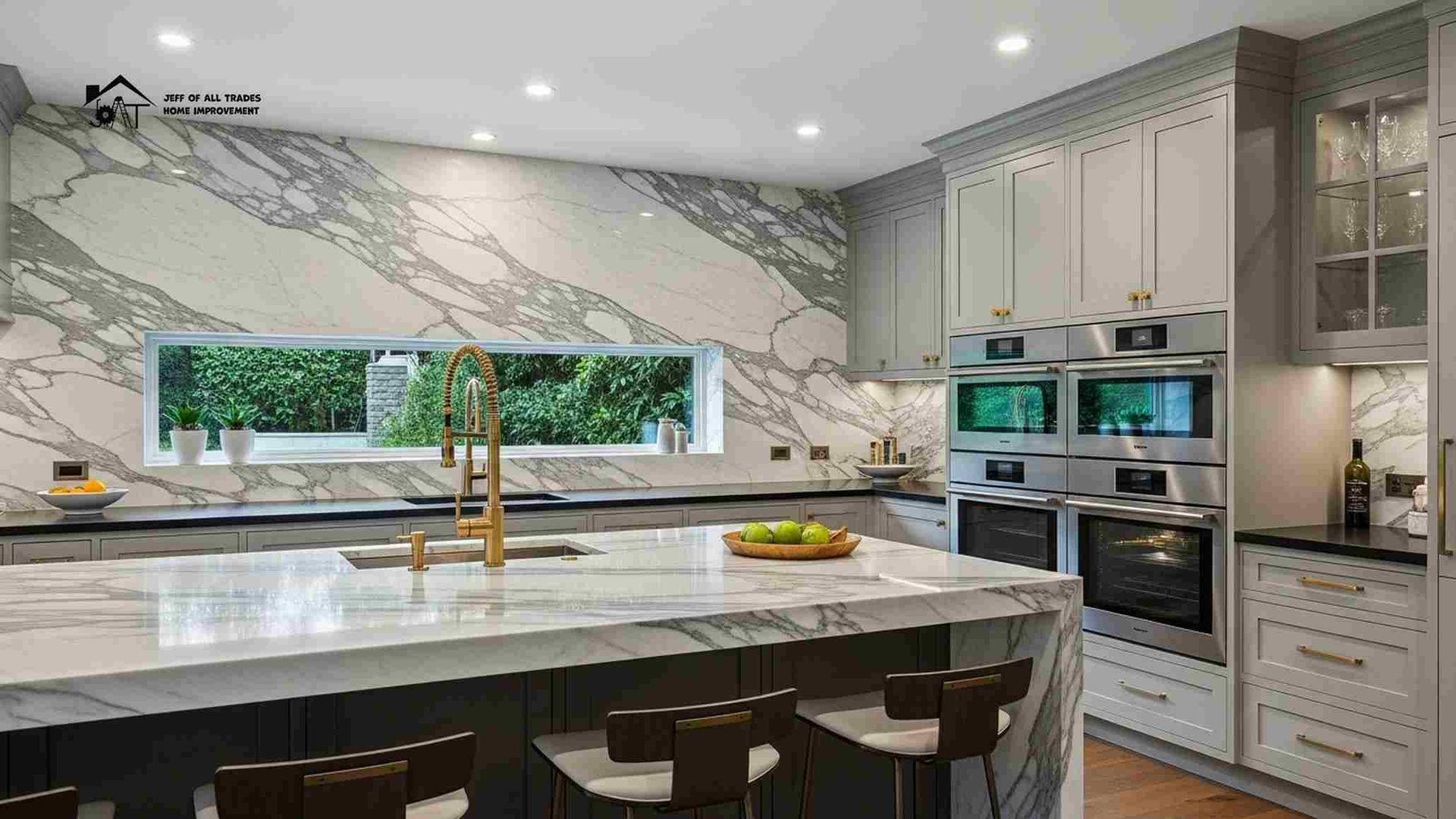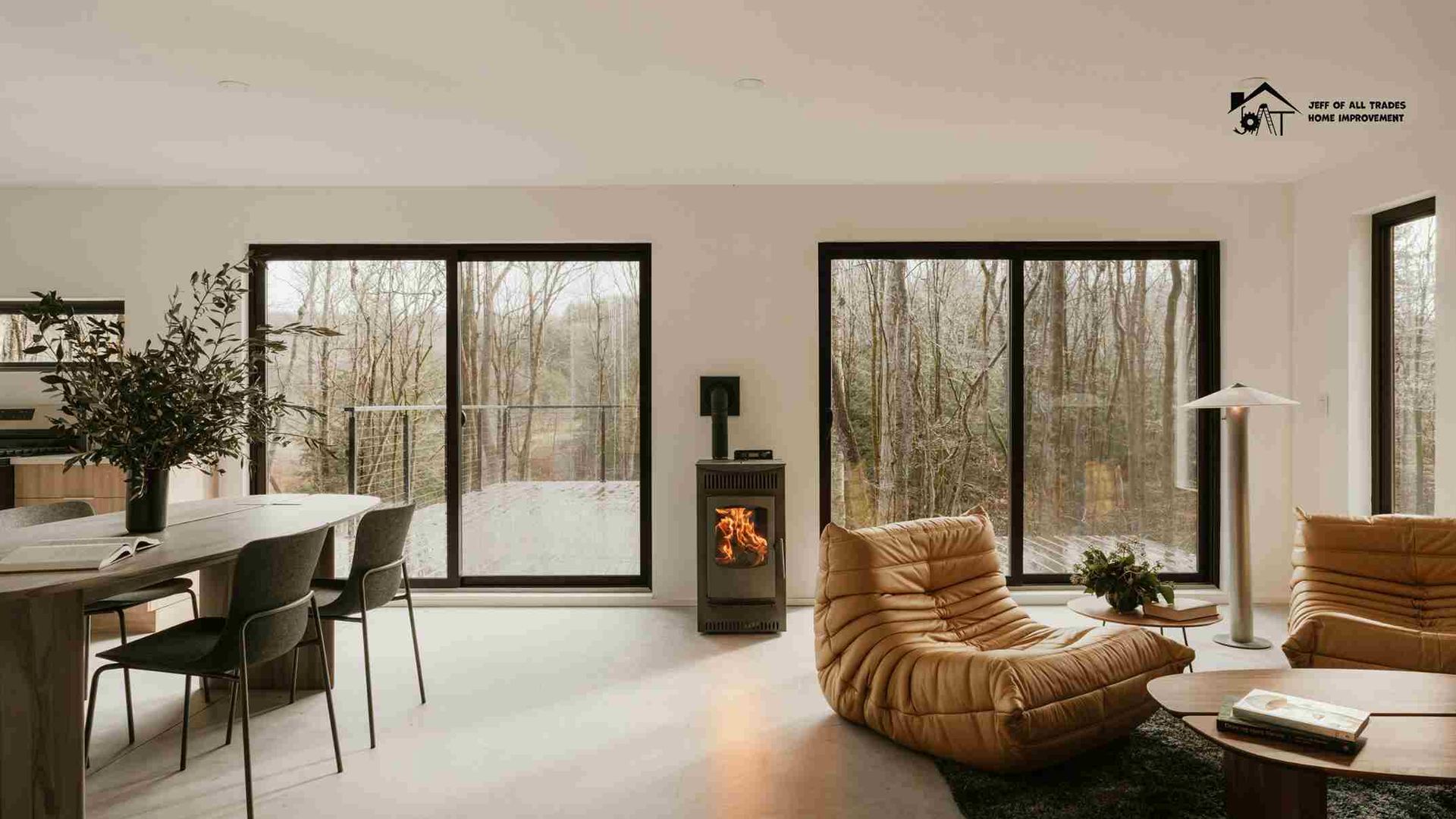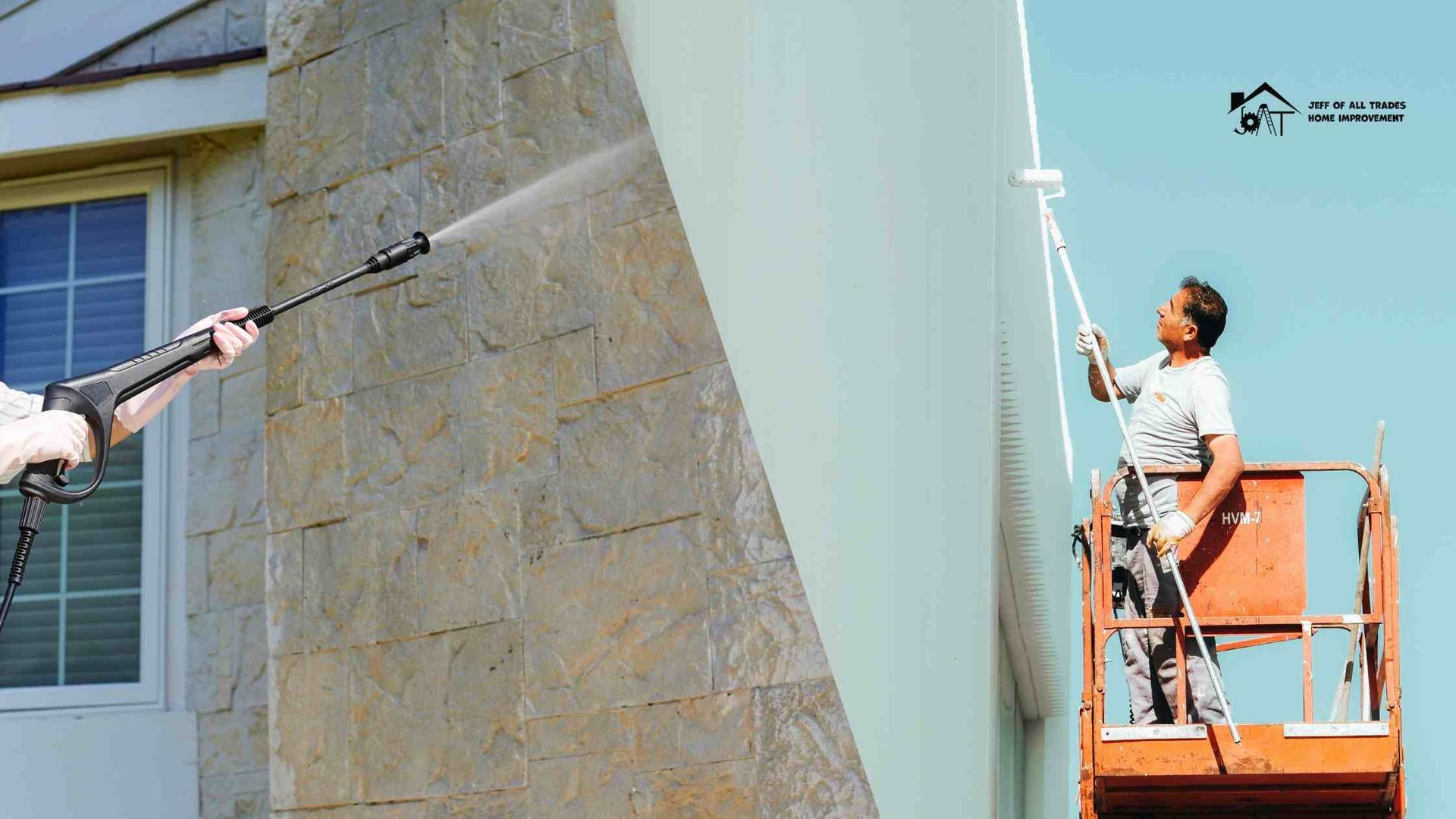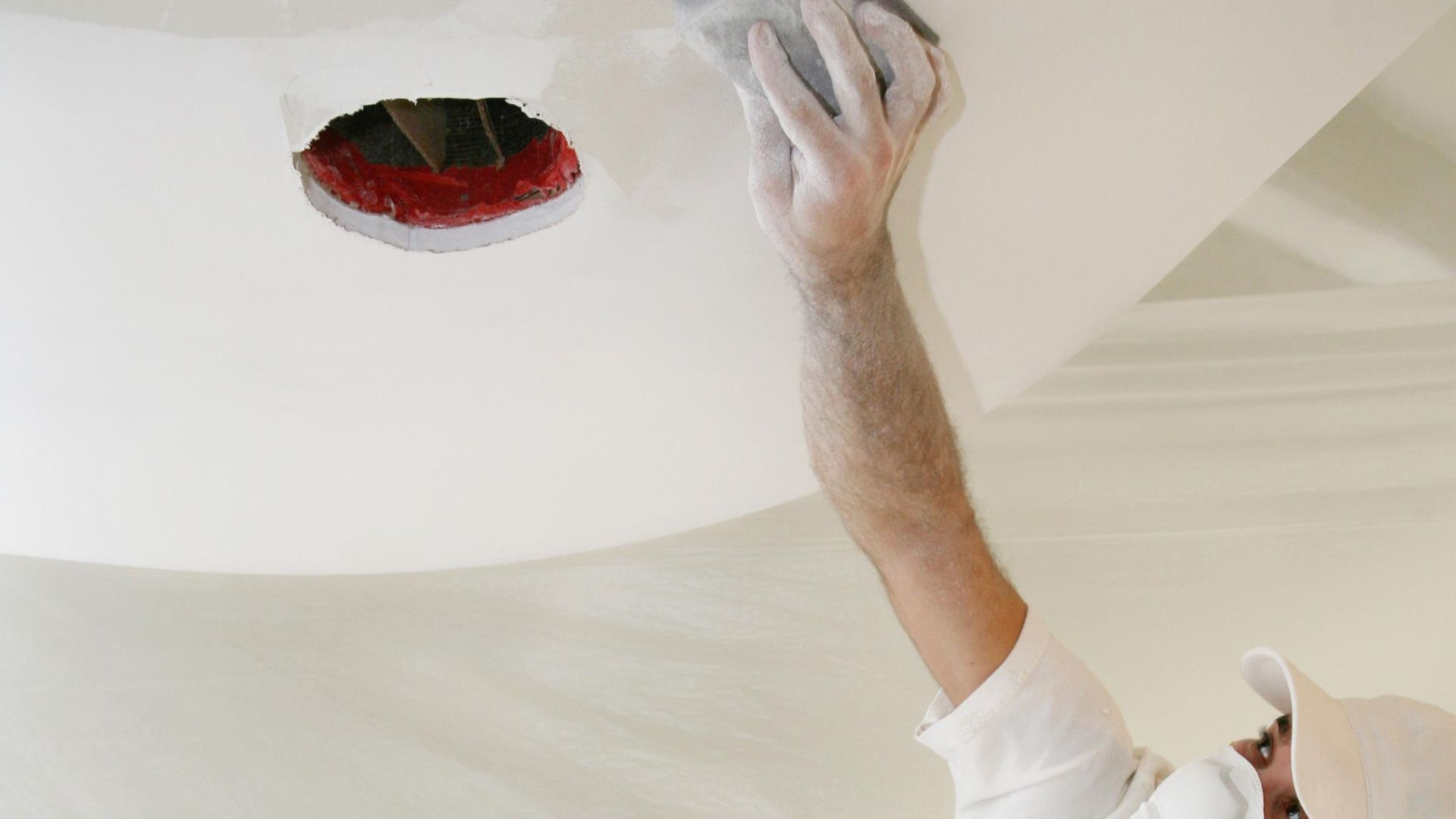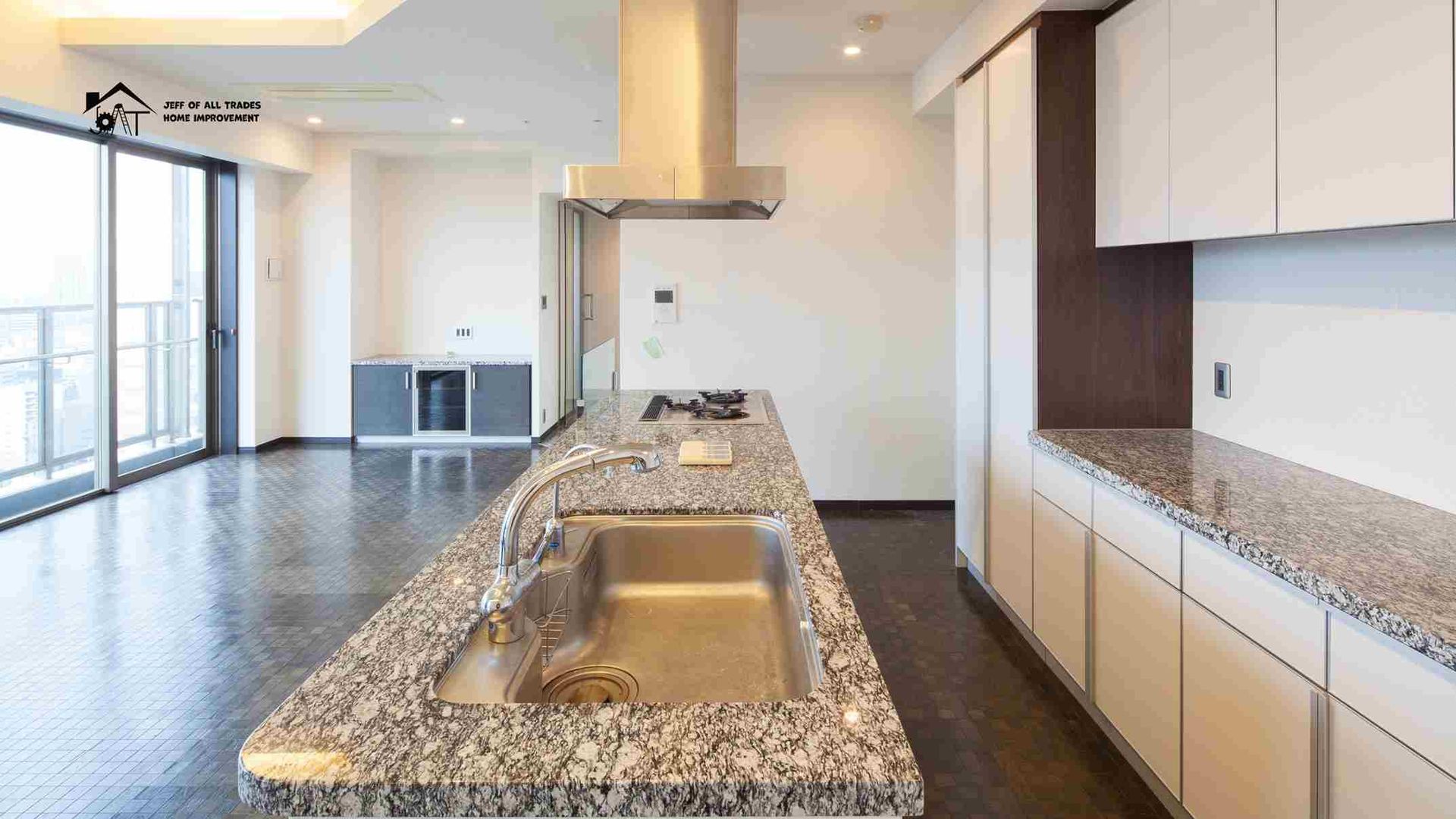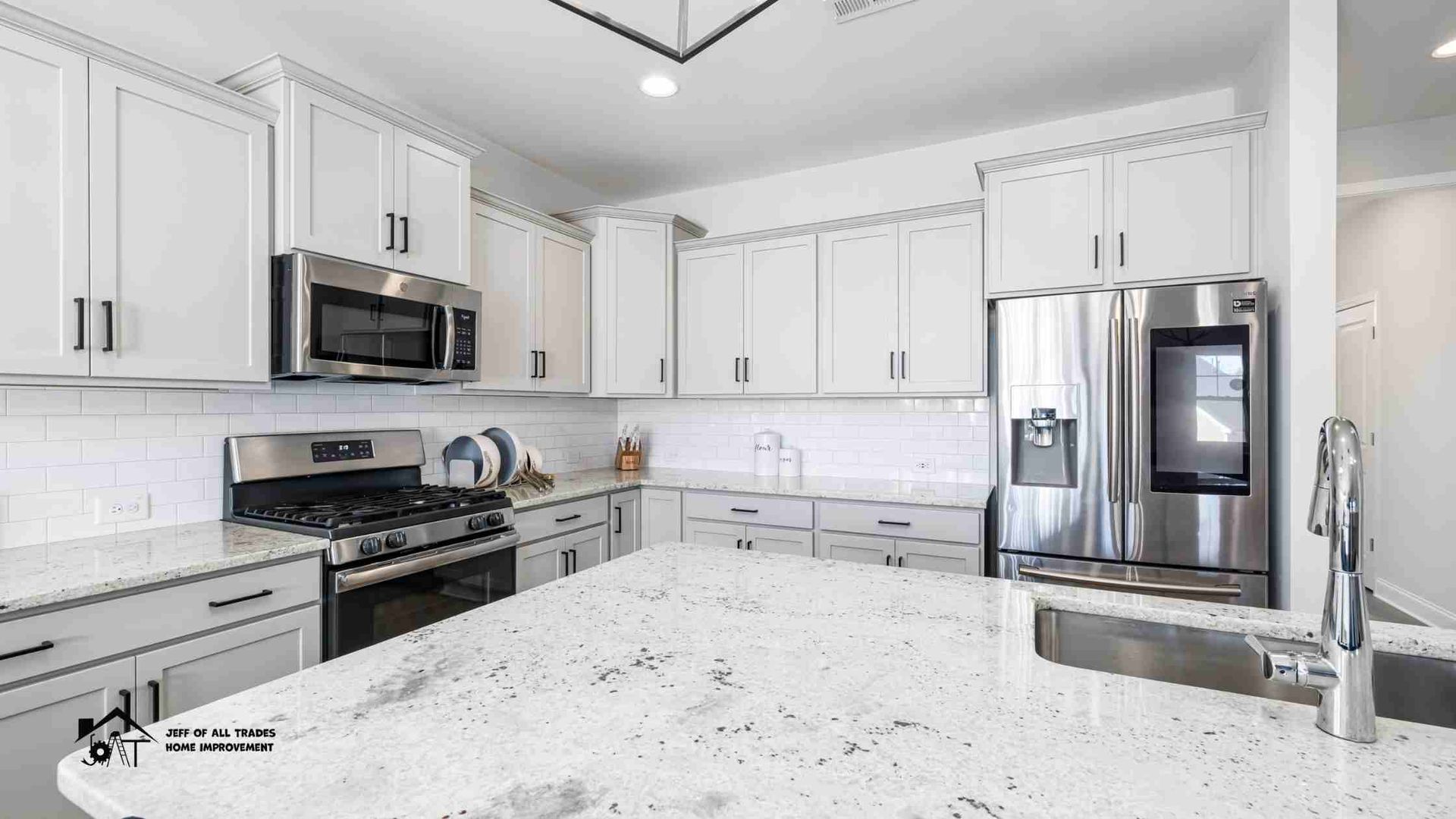Sustainable Living: Eco-Friendly Options for Home Renovations
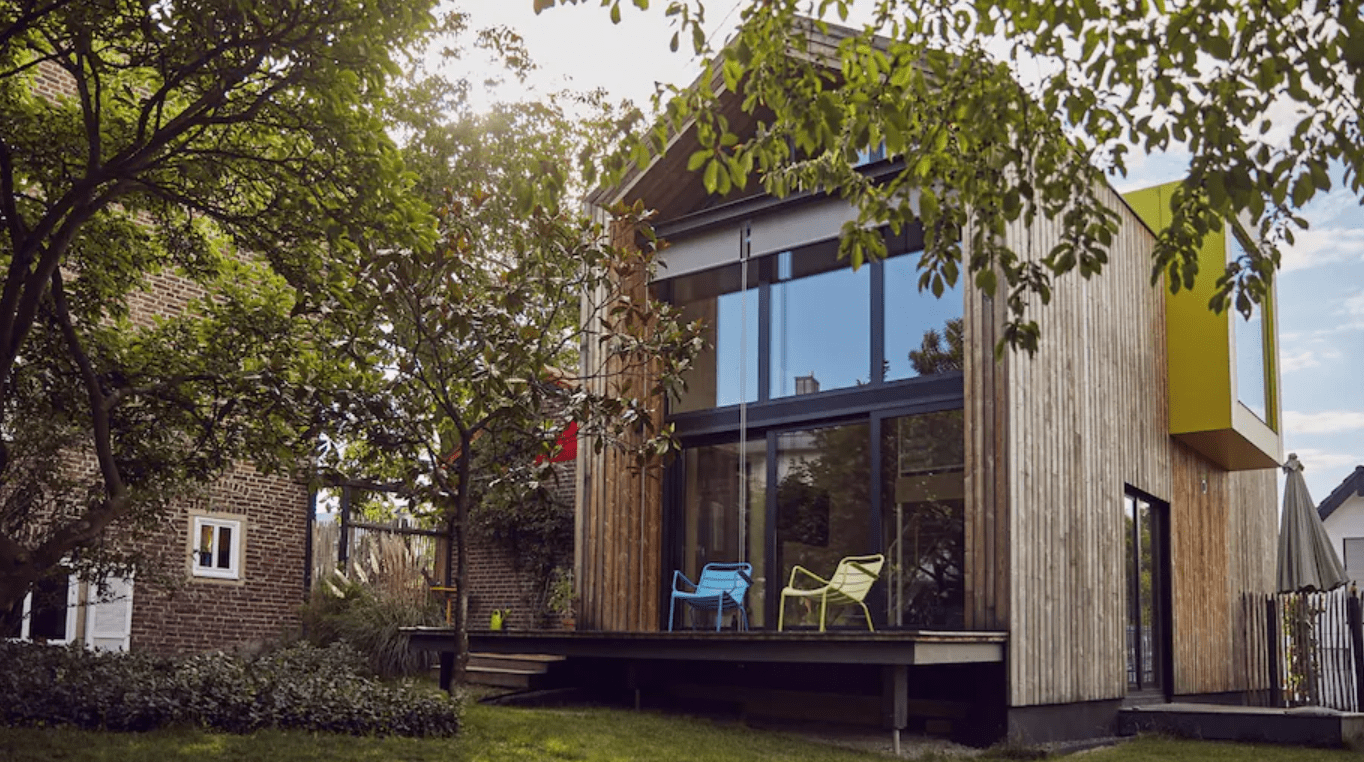
In recent years, sustainable living has gained significant traction as more people become aware of their environmental impact. At Jeff's Home Improvement , we are committed to offering eco-friendly options for home renovations that enhance your living space and contribute to a healthier planet. This article explores various sustainable renovation ideas and how they benefit your home and the environment.
Why Choose Eco-Friendly Home Renovations?
Choosing eco-friendly options for home renovations has numerous benefits:
Environmental Impact: Sustainable renovations help reduce waste, conserve natural resources, and lower greenhouse gas emissions.
Health Benefits: Eco-friendly materials and practices improve indoor air quality, reducing exposure to harmful chemicals and toxins.
Cost Savings: While some eco-friendly options may have a higher upfront cost, they often lead to long-term savings through reduced energy and water bills.
Increased Home Value: Sustainable homes are increasingly in demand, which can boost your property's market value.
Sustainable Materials and Practices
1. Energy-Efficient Appliances and Lighting
Switching to energy-efficient appliances and lighting is one of the simplest ways to make your home more eco-friendly. Look for appliances with the ENERGY STAR label, which signifies they meet strict energy efficiency guidelines. LED lighting is another excellent option, using up to 80% less energy than traditional incandescent bulbs and lasting significantly longer.
2. Sustainable Flooring Options
When it comes to flooring, there are several sustainable materials to consider:
Bamboo: A rapidly renewable resource, bamboo proliferates and is highly durable, making it an excellent alternative to traditional hardwood.
Cork: Harvested from the bark of oak trees, cork is a renewable, comfortable, and resilient resource.
Reclaimed Wood: Using reclaimed wood reduces the demand for new lumber, preserving forests and minimizing waste.
3. Eco-Friendly Insulation
Proper insulation is crucial for energy efficiency, reducing the need for heating and cooling. Consider eco-friendly insulation options such as:
Recycled Denim: Made from recycled jeans, this insulation is safe, effective, and sustainable.
Cellulose: Composed of recycled newspaper, cellulose insulation is another environmentally friendly option that provides excellent thermal performance.
4. Low-VOC Paints and Finishes
Traditional paints and finishes can release volatile organic compounds (VOCs) into the air, harming the environment and your health. Opt for low-VOC or zero-VOC paints and finishes to improve indoor air quality and reduce environmental footprint. Get home painting services today with Jeff’s Home Improvement.
5. Water-Saving Fixtures
Installing water-saving fixtures is a great way to conserve water and reduce utility bills. Consider the following options:
Low-Flow Toilets: These toilets use less water per flush than standard models.
Water-Efficient Faucets and Showerheads: These fixtures reduce water usage without compromising performance.
Renewable Energy Solutions
Integrating renewable energy solutions into your home renovation can significantly reduce your carbon footprint and energy bills. Here are a few options:
1. Solar Panels
Solar panels harness the sun's power to generate electricity for your home. While the initial investment can be substantial, long-term savings and environmental benefits make it worthwhile.
2. Wind Turbines
Small wind turbines can be an effective way to generate renewable energy for homes in windy areas. These systems can be installed on your property and connected to your home's electrical system.
3. Geothermal Heating and Cooling
Geothermal systems use the earth's stable temperature to heat and cool your home efficiently. These systems can be more expensive to install but offer significant energy savings over time.
Sustainable Landscaping
Don't forget about the exterior of your home when considering eco-friendly renovations. Sustainable landscaping practices can enhance your property's curb appeal while benefiting the environment.
1. Native Plants
Planting native species in your garden reduces the need for water, fertilizers, and pesticides, as these plants are well-adapted to the local climate and soil conditions.
2. Rainwater Harvesting
Installing a rainwater harvesting system allows you to collect and store rainwater in your garden, reducing reliance on municipal water supplies.
3. Permeable Paving
Using absorbent materials for driveways and walkways helps reduce stormwater runoff and promotes groundwater recharge.
The Role of Jeff's Home Improvement
At Jeff's Home Improvement, we are dedicated to providing eco-friendly options for home renovations. Our team of experts can help you select sustainable materials, implement energy-efficient solutions, and create a healthier, more sustainable living environment. We offer many home improvement services tailored to your specific needs and preferences.
Conclusion
Sustainable living is beneficial for the environment and enhances the quality of your home and life. By choosing eco-friendly options for home renovations, you can reduce your environmental impact, improve your health, save money, and increase your home's value. At Jeff's Home Improvement, we are here to help you achieve your sustainability goals with our expert home improvement services. Contact us today to learn more about our eco-friendly renovation solutions and how we can help you create a greener home.
FAQs: Eco-Friendly Options for Home Renovations
1. What are the benefits of choosing eco-friendly options for home renovations?
Choosing eco-friendly options for home renovations provides several benefits, including reducing your environmental impact, improving indoor air quality, saving energy and water bills, and increasing your home's market value. Sustainable materials and practices contribute to a healthier environment and a more sustainable planet.
2. How can I make my home more energy-efficient during renovations?
You can make your home more energy-efficient by installing energy-efficient appliances and lighting, using eco-friendly insulation, and integrating renewable energy solutions like solar panels, wind turbines, and geothermal systems. These measures help reduce energy consumption, lower utility bills, and decrease carbon footprint.
3. What are some sustainable materials I can use for flooring?
Sustainable flooring options include bamboo, cork, and reclaimed wood. Bamboo is a rapidly renewable resource; cork is harvested from the bark of cork oak trees, and reclaimed wood reduces the demand for new lumber and minimizes waste. These materials are durable, eco-friendly, and add a unique aesthetic to your home.
4. How can I conserve water with eco-friendly home improvements?
You can conserve water by installing water-saving fixtures such as low-flow toilets, water-efficient faucets, and showerheads. Additionally, consider implementing rainwater harvesting systems to collect and store rainwater for garden use and choosing native plants for landscaping, which require less water and maintenance.
5. How does Jeff's Home Improvement support sustainable home renovations?
Jeff's Home Improvement is dedicated to providing eco-friendly options for home renovations. Our team of experts helps you select sustainable materials, implement energy-efficient solutions, and create a healthier, more sustainable living environment. We offer a wide range of home improvement services tailored to your needs and preferences, ensuring your renovations are eco-friendly and effective.



